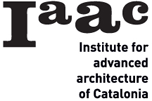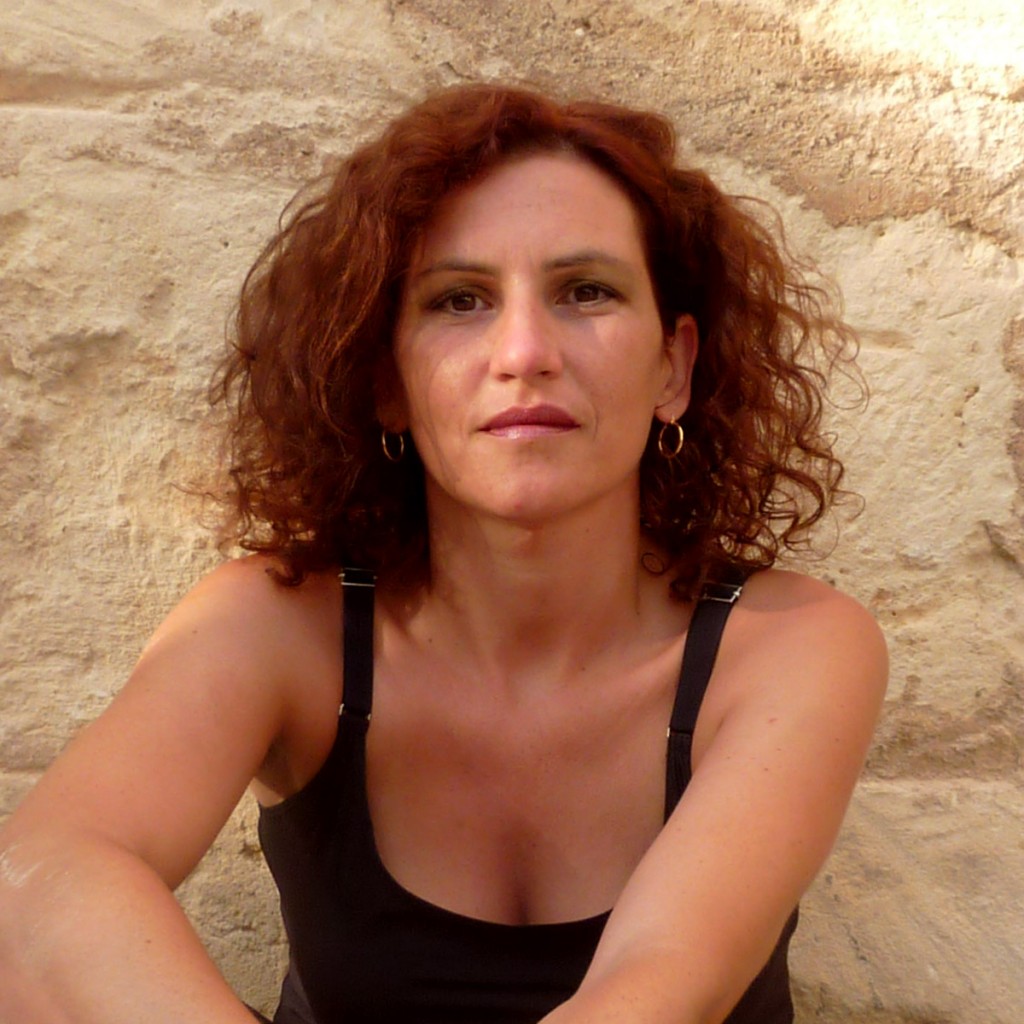Marta Malé- Alamany leadind the RS3- Digital Tectonics studio
Marta Malé-Alemany is a registered architect from Barcelona.She has taught architectural design in several well-known Universities in the US (MIT, U.PENN, UCLA, SCI-ARC, and others) and been a Course Master Tutor in the Design Research Laboratory (DRL) at the AA (Architectural Association) in London. Her academic research focuses on the conceptual and material opportunities that emerge from the use of digital design and fabrication technologies for the production of architecture. She graduated from ETSAV-UPC (Barcelona, 96), holds a Master Degree in Advanced Architectural Design from Columbia University (New York, 97) and is currently a PhD candidate at the ETSAB-UPC (Barcelona), investigating the potential of large-sale rapid manufacturing technologies to innovate building construction.
RS3 Collaborators :
SANTIAGO MARTIN / VORTICA / Support Seminar Faculty (Optimization)
Santiago Martín was born in Valladolid, Spain on 1984. A year after his graduation at Oviedo University in Mechanical Engineering (2008), he started his Master´s Degree on Industrial Design Management (Oviedo University 2007/09). Then, Santiago started to work at Prodintec Foundation, Technologic Center of Asturias (Gijón, Spain 2008/10) as designer for additive manufacturing. At the same time, he was postgraduate in Mechanical Engineering, Design, Construction and Fabrication (Oviedo University 2009/10). He also has participated as lecturer in numerous university courses related with industrial design methodology, design tools and rapid manufacturing. He actually co-founded vortica: cognitive engineering for design (2010) as an ambitious project focused on generative engineering and generative product design and development behind a real multidisciplinary approach.Santiago loves to be in touch with different profiles, as the only way to crew in a personal and professional way. He also loves running and cycling.
GUILLEM CAMPRODON / IAAC, Support Seminar Faculty (Physical Computing)
Guillem Camprodon is an industrial designer working in projects that range from the Internet of Things to Digital Fabrication. He owns a Bachelor in Arts of Design by the Elisava Design School and the Fab Academy diploma by the Fab Lab Network in collaboration with the MIT. He has been involved with IAAC and the Fab Lab Bcn since the Fab Lab House project and he is currently a researcher in the Projects department, where he helps developing new services and technologies that involve Architecture, Energy efficiency and the Internet. Before he worked as an interaction designer at Bosch und Siemens Hausgeräte and he spent a year as an exchange student at the Industrial Design Department at UdK Berlin.
JORDI PORTELL / IAAC, Design Assistant Faculty
Jordi Portell, Born in 1970 in Vic (Barcelona), has a degree in architecture by the Escola Tècnica Superior d’Arquitectura de Barcelona (ETSAB-UPC) and a Master in Advanced Architecture (MAA) by the Institute for Advanced Architecture of Catalonia (IAAC). He has been working as freelance architect in Germany and Spain since 2000 mainly in the fields of housing and public facilities but has also made incursions in industrial design, computer programming and art installation.
MIQUEL LLOVERAS/ IAAC, Physical Computing Assistant Faculty
Collaborators:

